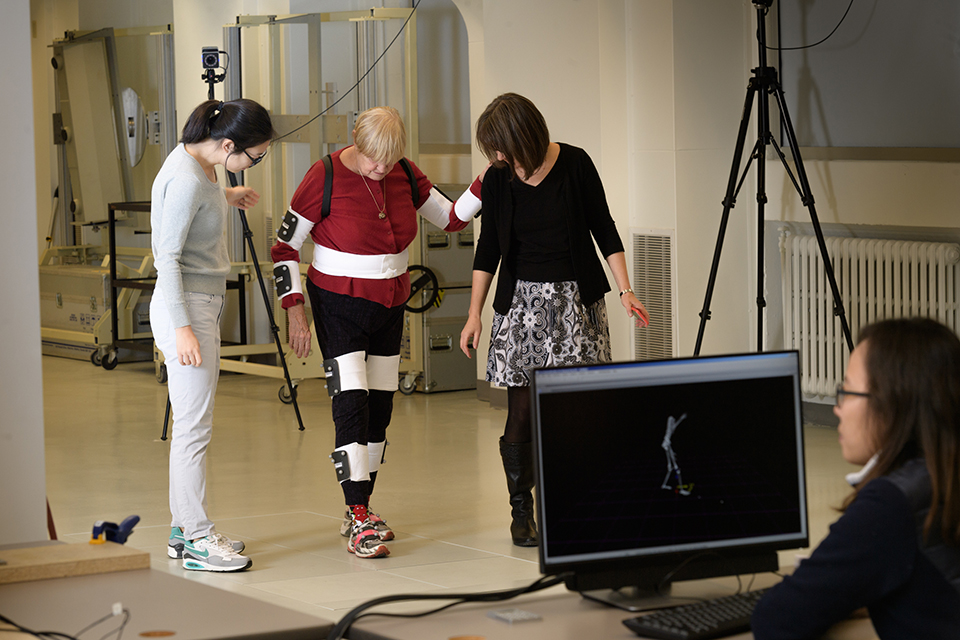Department of Health and Kinesiology Research
View Department
Research
The Department of Health and Kinesiology uses a multidisciplinary approach to advance understanding of the physiological, neurological, psychological and social changes that improve quality of life and prevent disease across the life span. From influencing healthy youth development to understanding factors that limit quality of life, researchers explore basic and applied questions related to human movement and healthy behaviors.
Research Labs/Centers
Faculty and students in the Department of Health and Kinesiology have access to extensive laboratories and facilities to advance discovery, learning and engagement across the department’s research areas.
Max E. Wastl Human Performance Laboratory
The Max E. Wastl Human Performance Laboratory is an interdisciplinary research unit. The mission is to study disease states affecting the human condition such as obesity, cardiovascular disease, muscle wasting, the metabolic syndrome and diabetes and determine how a physically active lifestyle can aid in the prevention or intervention of these conditions.
The Human Motor Behavior Laboratories
The Human Motor Behavior Laboratories are comprised of the Motor Behavior Laboratory, Life Span Motor Development and Control Laboratory, and the Biomechanics Laboratory. These highly interactive laboratories study the fundamental science of motor behavior and explore innovative solutions for improving quality of life, using both experimental and modeling techniques.
Exercise Psychology Laboratories
The Exercise Psychology Laboratories include the Physical Activity Psychology Laboratory, which is focused on effective interventions to help people adopt and maintain an active lifestyle, and the Physical Activity & Neurocognitive Health Lab, which studies the relationship of physical activity and physiological/behavioral correlates (e.g., fitness, obesity, motor skills) with cognition.
A.H. Ismail Center for Preventive and Lifestyle Medicine
The A.H. Ismail Center for Preventive and Lifestyle Medicine is an interactive, multidisciplinary discovery, learning and engagement center focused on health, exercise and nutrition.